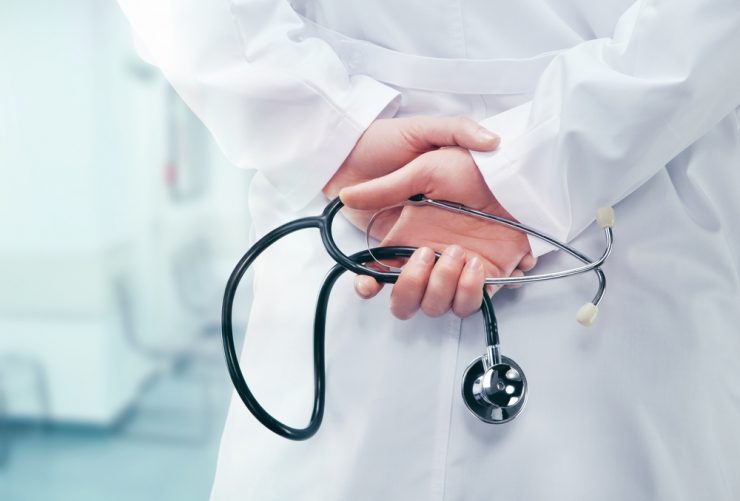MRSA CAUSES
When bacteria of SA are treated with methicillin, there is a possibility that some of them may survive and then mutate (change), thereby developing resistance against the antibiotic and these antibiotic-resistant bacteria multiply and infect something new also known as condition of MRSA. There has been an increase in MRSA due to the fact that
Many Persons do not complete the entire antibiotic course prescribed to them, resulting in survival of some bacteria, which mutate and become antibiotic resistance and then multiply.
Overuse of antibiotics enabling the bacteria to develop resistance.
MRSA bacteria spread through personal contact with MRSA infectious person or person who is colonized by the MRSA bacteria. It also spreads by infected sheets, cloths, dressings, towels or any other object used by an infected person. MRSA also survives on surfaces like floors, doors, cleaning equipments, sinks and handles or any other objects.
Healthy persons are normally not infected by MRSA and it also does not cause harm to healthy babies and children including healthy pregnant women. It is more common in persons already admitted in hospitals as the bacteria gets an entry point into the body like an intravenous tube, a catheter or a wound. Persons with high risk of MRSA include:-
Elderly or new born who have weak immunity system or people suffering from long term health problems like cancer, diabetes or HIV
Intravenous drip or a catheter(a plastic tube which is inserted into the body system for the purpose of draining out fluid.)
Cut or a burn on the skin
Psoriasis or leg ulcer or any other severe skin problem
Persons who have been operated recently
Persons taking frequent antibiotic courses
MRSA TREATMENT
The treatment depends on the condition of the person. If the bacteria has not entered the blood stream and is present on the surface only, then he is said to be colonised only. Treatment for colonized persons should be taken which becomes more important particularly if going in for surgery etc. Special creams which are antibiotic are applied on the skin and even inside the nose. Antiseptic lotion and shampoos are used to wash hairs and skin. If the bacteria have entered the blood stream, then one is suffering from MRSA infection. MRSA is generally treated with antibiotics which the bacteria has still not developed the resistant and may continue for several weeks. Linezolid or vancomycin are injected into the veins directly (intravenously) or are given as an injection. Further persons infected with MRSA may be moved to separate private room to prevent it from spreading and all visitors should wash hands with special alcohol rubs or special gels before visiting and after visiting the patient. Further people with high risk should also take advice of the hospital staff
MRSA PREVENTIONS
Full course of the antibiotics prescribed should be taken. Wash hands thoroughly before and after the visit to hospital as it can be passed on by the hands. This also applies to hospital staff and they should also use disposable gloves for changing dressings or dealing with open wounds or inserting drip or handling needles. The following precautions will help in reducing the infection risk in the hospital:-
Body and hands should be kept clean and one should carry soap, moist hand-wipes and a flannel.
When using toilet wash the hands thoroughly before and after use
When eating meals wash and clean the hands before and after the meals
Keep the bed area, toilet and bathroom very clean and report any unclean area to the staff.








